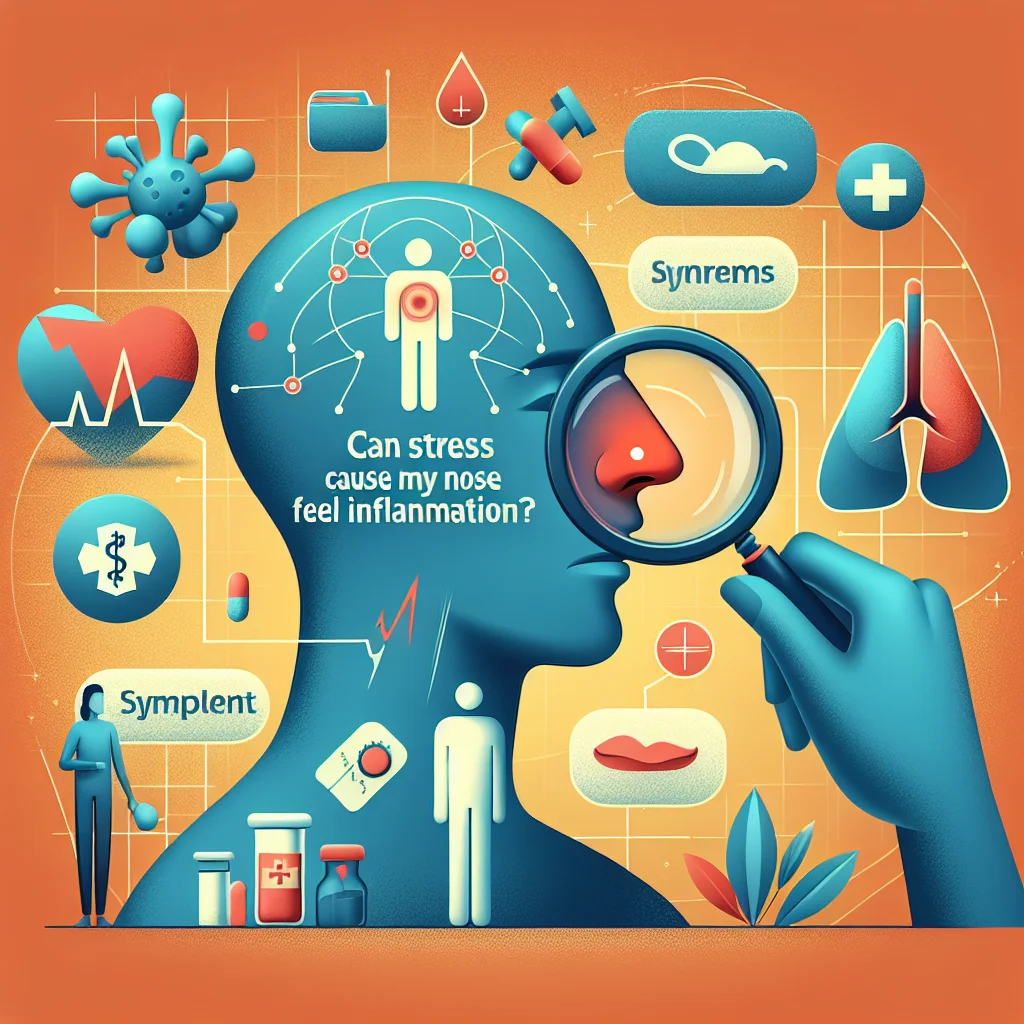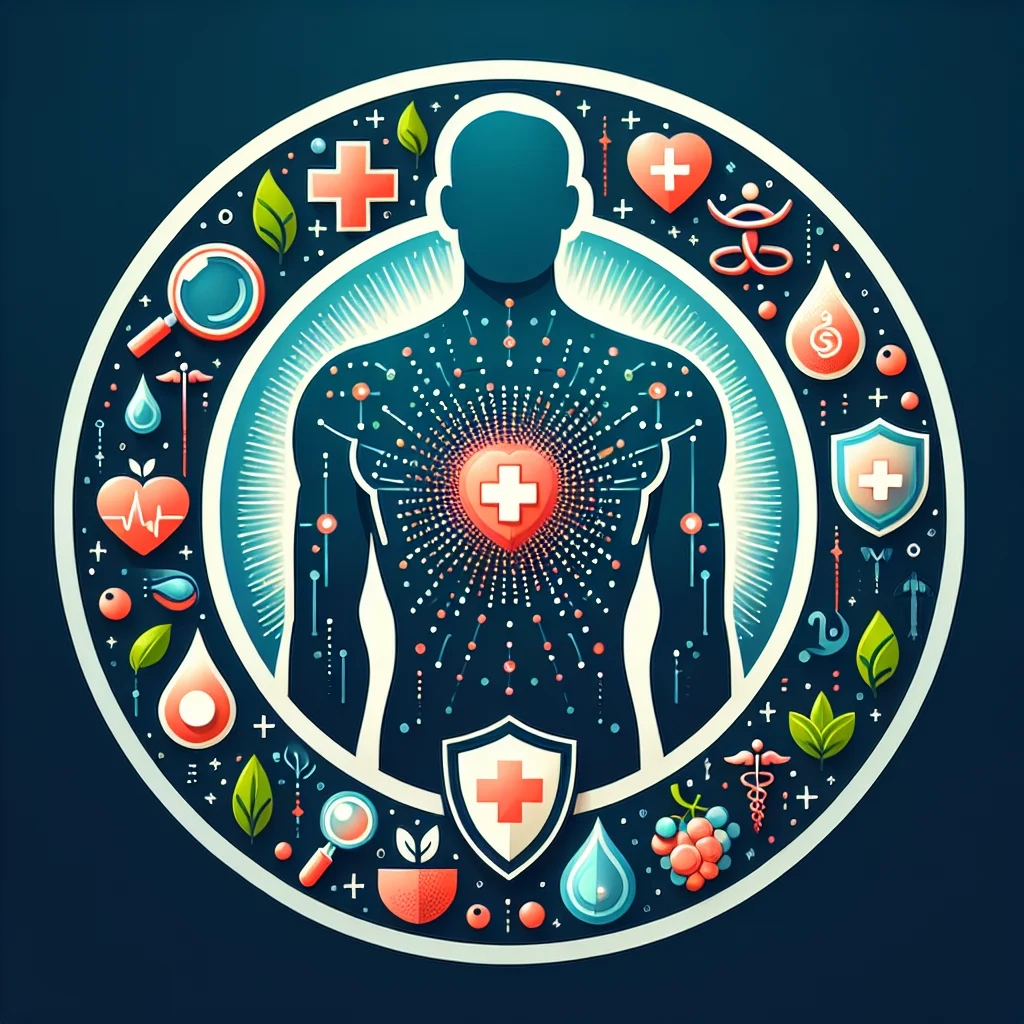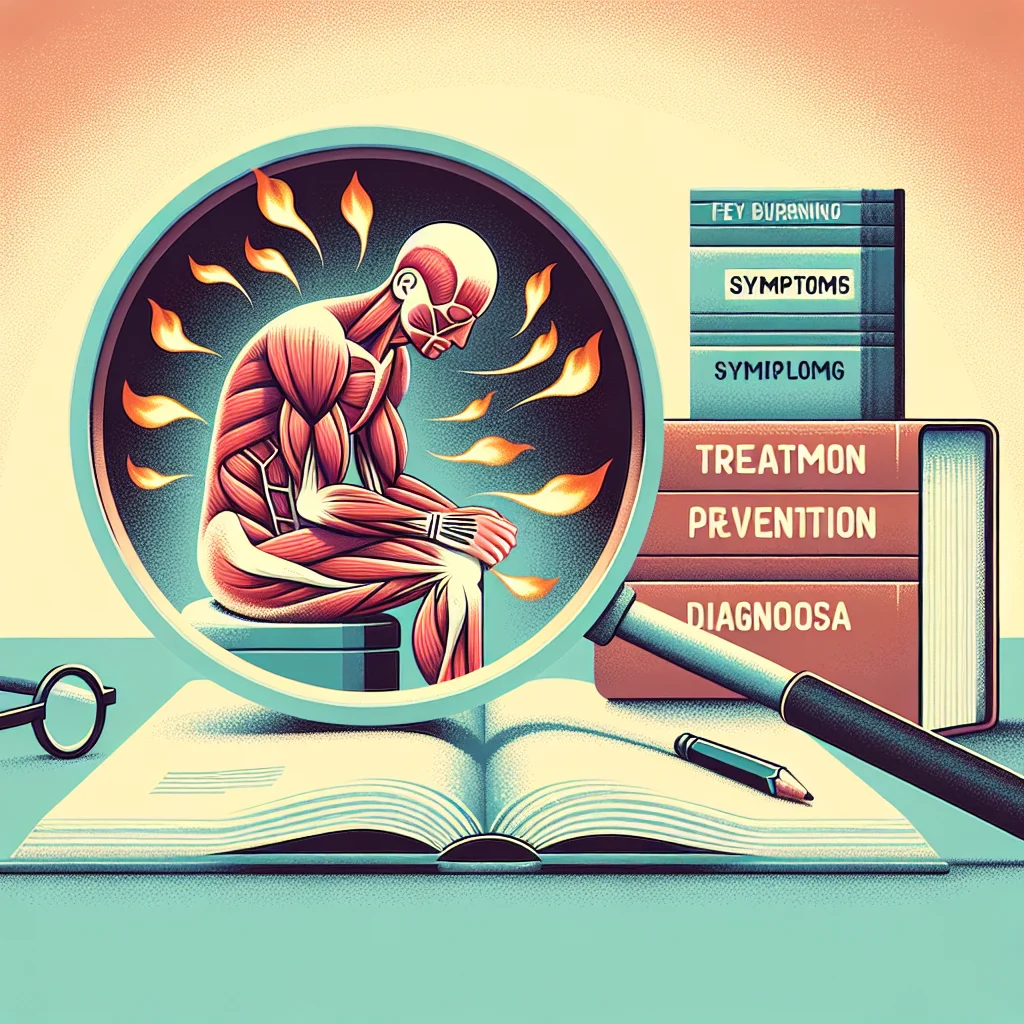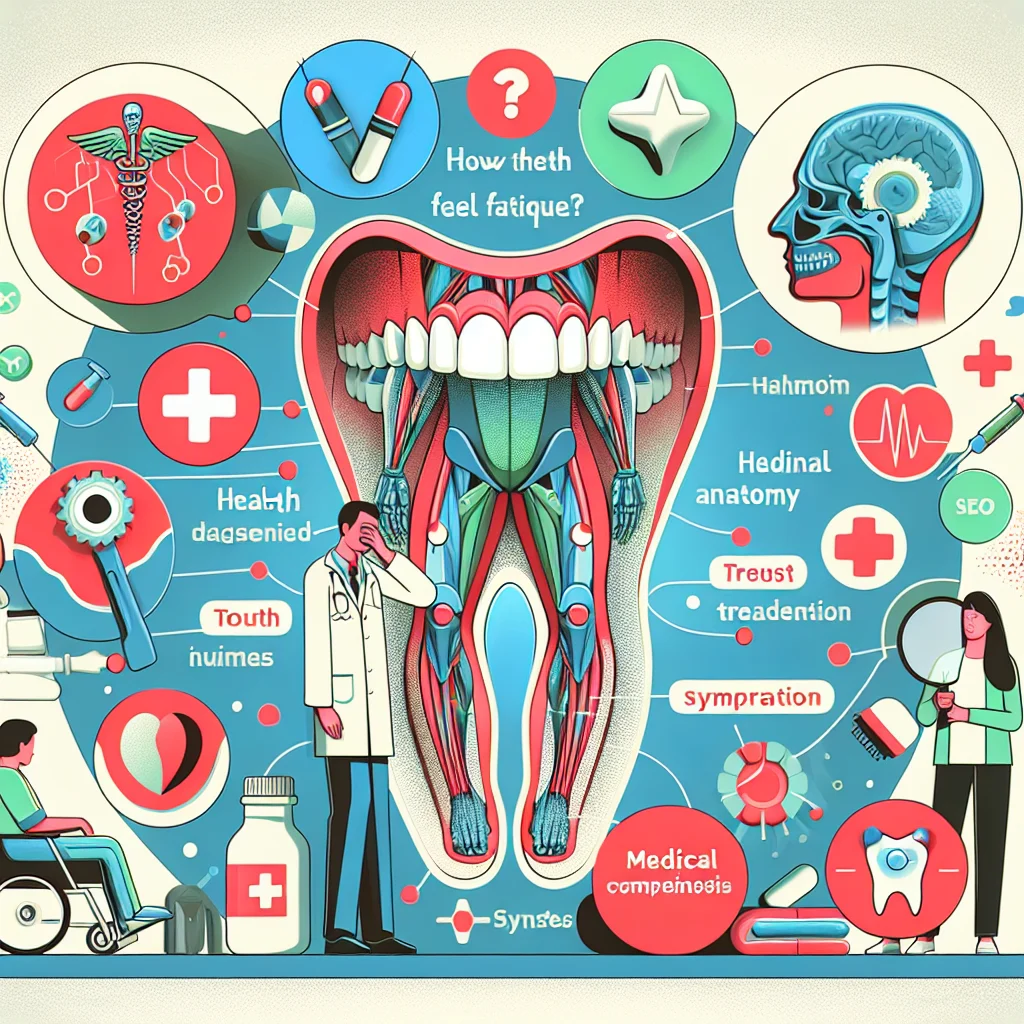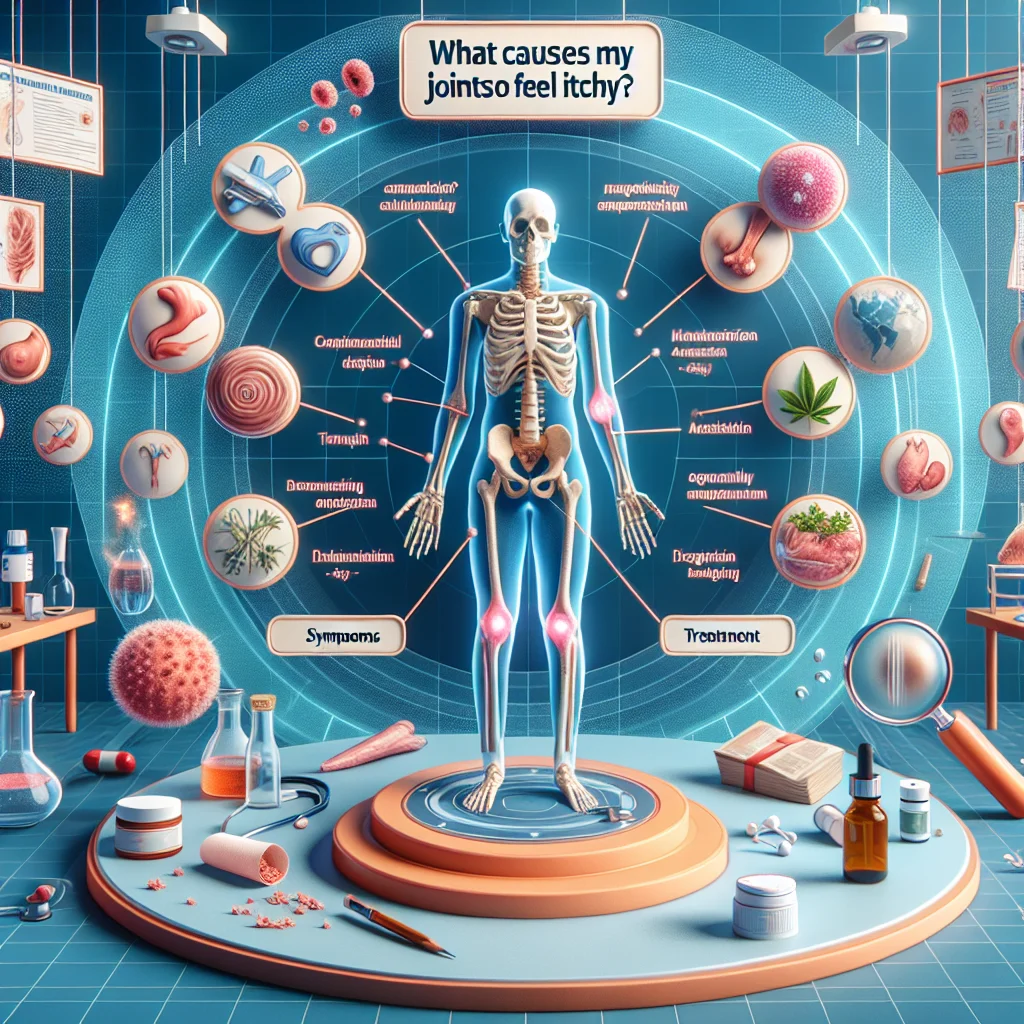
Possible Causes and Medical Insights
There are several potential reasons why you might experience itching in your joints. Conditions such as eczema, allergic reactions, or even inflammatory diseases like rheumatoid arthritis can sometimes present with itchy sensations around the joints. Additionally, skin irritation from dryness or contact with certain substances may cause localized itching. Understanding what causes your joints to feel itching is crucial for finding the appropriate relief and avoiding further discomfort.
Medical experts note that joint itching may also be linked to underlying systemic conditions, such as psoriasis or lupus. In some cases, infections or even side effects from medications can contribute to itchy joints. Because the causes can be varied, it's important to pay attention to accompanying symptoms like swelling, redness, or joint pain. Consulting a healthcare professional can provide more specific medical insight and ensure the right diagnosis.
Symptoms and Risk Factors
Itchy joints can be accompanied by a range of symptoms, from mild irritation to more severe discomfort. You may notice redness, swelling, or even small bumps around the affected joint. In some cases, persistent scratching can cause the skin to break, increasing the risk of infection. If you have a history of allergies, autoimmune disorders, or skin conditions, you may be at a higher risk of developing joint itching.
Other risk factors include environmental triggers, such as exposure to certain detergents or chemicals, and lifestyle habits like poor hydration, which can dry out the skin. People with chronic conditions like diabetes or those undergoing certain treatments might also be more susceptible. Recognizing these symptoms and risk factors can help you take timely action and seek health advice before the problem worsens.
Diagnosis and When to See a Doctor
If you are wondering what causes your joints to feel itching and the symptom persists for more than a few days, it may be time to consult a healthcare provider. A doctor will likely start with a thorough history and physical examination, focusing on the affected joints and any other symptoms you might be experiencing. Blood tests, skin biopsies, or imaging studies may be ordered to rule out autoimmune or infectious causes.
You should seek immediate medical attention if your itchy joints are accompanied by severe swelling, fever, difficulty moving the joint, or signs of infection such as pus or warmth. Early diagnosis is key to effective treatment and prevention of complications. Your doctor will provide medical insight and recommend the most appropriate course of action based on your specific situation.
Prevention and Home Remedies
To prevent itchy joints, it's important to maintain good skin hygiene and hydration. Regularly moisturizing your skin, especially around the joints, can help reduce dryness and irritation. Avoiding known allergens and irritants—such as certain soaps, detergents, or fabrics—can also be effective in preventing flare-ups. Wearing protective clothing and using hypoallergenic products may further reduce your risk.
For mild cases, home remedies can provide significant relief. Applying cool compresses, using over-the-counter anti-itch creams, and taking soothing oatmeal baths are popular options. However, if these measures do not alleviate your symptoms or if the itching worsens, it's important to seek personalized health advice from a medical professional. Prevention and early intervention are key to maintaining healthy joints and skin.


